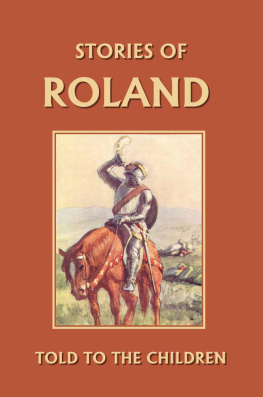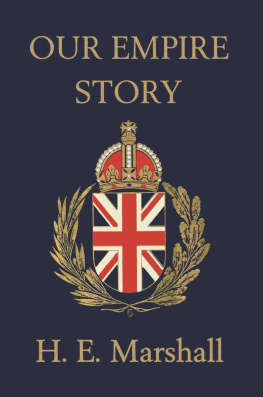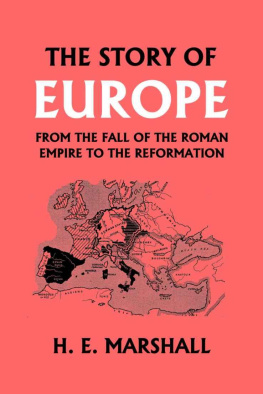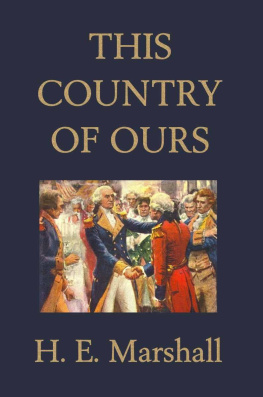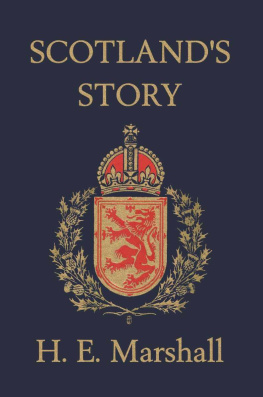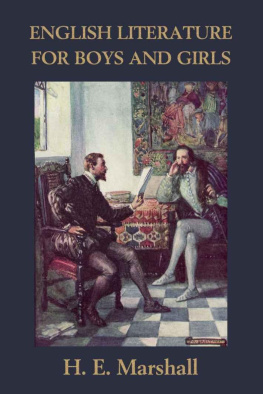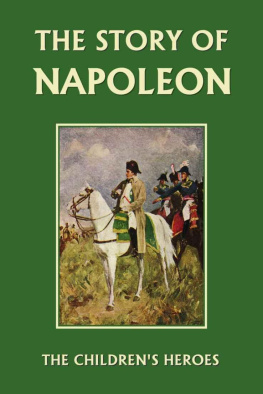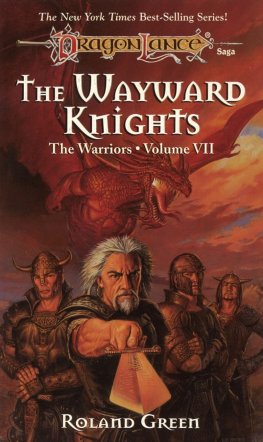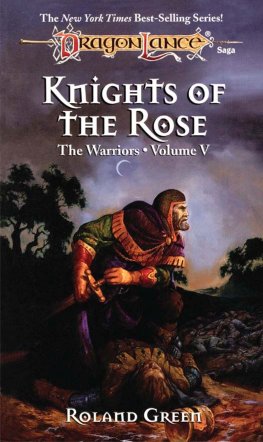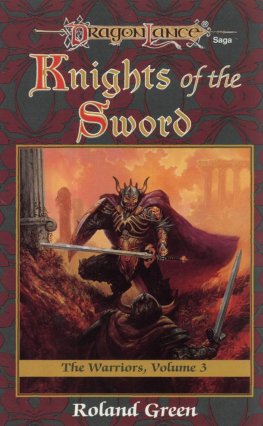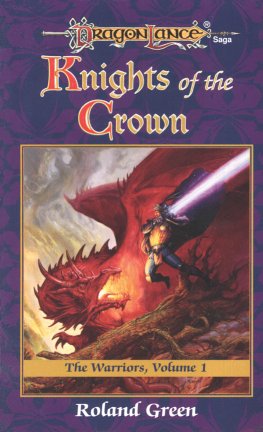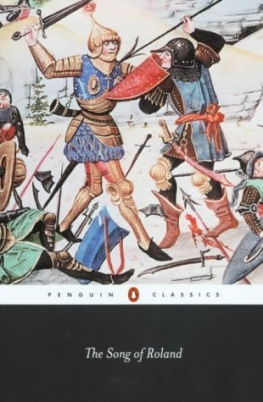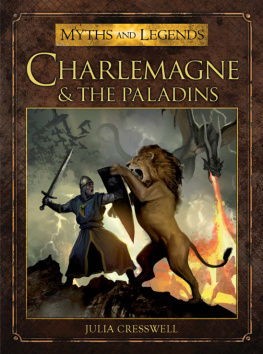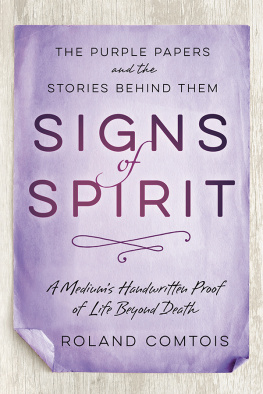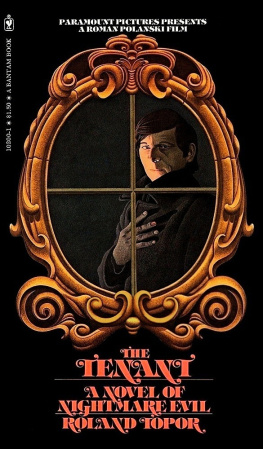Stories of Roland
by
H. E. Marshall
Yesterday's Classics
Chapel Hill, North Carolina
Cover and Arrangement 2010 Yesterday's Classics, LLC
All rights reserved. No part of this book may be reproduced or retransmitted in any form or by any means without the written permission of the publisher.
This edition, first published in 2010 by Yesterday's Classics, an imprint of Yesterday's Classics, LLC, is an unabridged republication of the work originally published by T. C. & E. C. Jack in 1907. This title is available in a print edition (ISBN 978-1-59915-002-4).
Yesterday's Classics, LLC
PO Box 3418
Chapel Hill, NC 27515
Yesterday's Classics
Yesterday's Classics republishes classic books for children from the golden age of children's literature, the era from 1880 to 1920. Many of our titles are offered in high-quality paperback editions, with text cast in modern easy-to-read type for today's readers. The illustrations from the original volumes are included except in those few cases where the quality of the original images is too low to make their reproduction feasible. Unless specified otherwise, color illustrations in the original volumes are rendered in black and white in our print editions.
About This Book
The book from which these stories are taken is called the Song of Roland, for when the tales were first written down they were written as poetry. That was many hundreds of years ago. They were then set to music and sung to the sound of the harp by the minstrels, who strolled from place to place, singing of love and death, of battle and reward. For in those days, long long ago, when there were not many books and few could read, it was from the songs of the minstrels that the people learned the history of their country and the stores of their brave men.
The stories were told from minstrel to minstrel, from father to son, and were often changed in the telling. Sometimes a singer would forget a part, or another who was good at telling stories would add a little. Even when the stories were written down they were changed too, for there was no printing in those days, and the people who copied the poems would sometimes add or leave out parts, and sometimes a great poet would come, who, instead of copying merely, would tell the story in quite a new way. And so in time it happened that true history and fairy tale were interwoven, until at last it was hard to tell which was which.
And this is what happened with the stories that I have tried to tell again here. Charlemagne, the great king of whom they speak, belongs to history. He was very wise and powerful, although he lived more than a thousand years ago. He ruled over a vast empire, which stretched from the borders of Spain over half of Germany, at a time when our island was divided into several kingdoms, ruled by several kings.
We know from history that Charlemagne went to Spain to fight the Saracens and that as he returned home he was defeated. For the rest, the Song of Roland is a fairy tale. But through the ages it has come down to us, a song of soldiers and of chivalry. To the sound of it many a time the Frankish warrior must have marched to battle. To the sound of it the Normans marched upon the dreadful day of Hastings, when our Harold met his death, and for this reason, if for no other, to us it should be interesting.
H.E. MARSHALL
Oxford, 1907
Contents
CHAPTER I
King Marsil's Council
F OR seven long years the great King Charlemagne had been fighting in Spain against the Saracens. From shore to shore he had conquered the land. Everywhere the heathen people had bowed before him, owning him as their master and Christ as their God. Only the fair city of Saragossa, sitting safe among its hills, was yet unconquered. But Charlemagne had taken the not far distant Cordres, and he now was making ready to march against Saragossa.
King Marsil knew not how to save his city from the conqueror. So one day he seated himself upon his marble throne, and called his wise men together. The throne was set under the shade of his great orchard trees, for there, when the summer sun was hot, he held his court.
"My lords," he said, "great Karl of France besets our town. No host have I strong enough to meet him in the field, none that may guard our walls against him. I pray you, my lords, give me counsel. How shall we guard us, that shame and death come not upon us?"
Then all the wise men were silent, for well they knew the power and might of Charlemagne, and they wist not what to counsel.
At last Blancandrin spoke. A knight of great valour was he, and of all the heathen lords he was the wisest and most prudent. And when he spoke, all men listened.
"Send a message to this proud and haughty Karl," he said. "Promise him great friendship, give him rich presents of lions, bears and dogs; seven hundred camels ye shall send unto him, a thousand falcons. Give him four hundred mules laden with gold and silver; give him as much as fifty waggons may hold, so that he may have gold and to spare with which to pay his soldiers. But say to him, 'Too long hast thou been far from France. Return, return to thy fair city of Aix, and there at the feast of Holy Michael will I come to thee and be thy man, and be baptized, and learn of thy gentle Christ.' Charlemagne will ask hostages of thee. Well, give themtentwentywhatever he may ask of thee. We will give our sons. See! I will be the first, I will give my son. And if he perish it is better so than that we should all be driven from our land to die in beggary and shame."
Then Blancandrin was silent, and all the heathen lords cried aloud, "It is well spoken."
"Yea," Blancandrin went on, "by my long beard I swear, then shalt thou see the Franks quickly return to their own land, each man to his home. St. Michael's Day will dawn. Charlemagne will hold a great feast awaiting thee. But the days will pass and thou wilt not come. Then, for the Emperor is terrible and his wrath fierce, he will slay our sons whom he holds as hostages for thee. Better so, I say, than that we should lose fair Spain and live in slavery and woe."
"Yea, so say we all!" cried the heathen lords.
"So be it," said King Marsil; "let it be done as Blancandrin hath said."
Then one by one the King called ten of his greatest lords about him. "Go ye with Blancandrin," he said. "Take olive branches in your hands in token of peace and lowliness. Say to the great Karl that for the sake of his gentle Christ he shall show pity upon me, and give me peace. Say that ere a month has gone I will follow after you. Then will I kneel to him, and put my hands in his, and swear to be his true and faithful vassal. Then shall he sprinkle me with the water of Holy Christ, and I shall be his for evermore."
All this King Marsil said with treachery in his heart, for well he knew that he would do none of these things.
"It is well," said Blancandrin, "the peace is sure."
Then mounted upon white mules, with saddles of silver and harness of gold, with olive branches in their hands and followed by a great train of slaves carrying rich presents, Blancandrin and the ten messengers set out to seek the court of the great Christian King, Charlemagne.
CHAPTER II
The Emperor Charlemagne's Council
T HE Emperor Charlemagne was well pleased, for at last, after much fighting, he had taken the city of Cordres. The walls lay in ruins, and with his great war engines he had shattered the towers and turrets. Within the town his knights had found rich plunder of gold and silver and precious stones, of wrought armour and princely weapons. So they were well rewarded for days of fighting and of toil.

